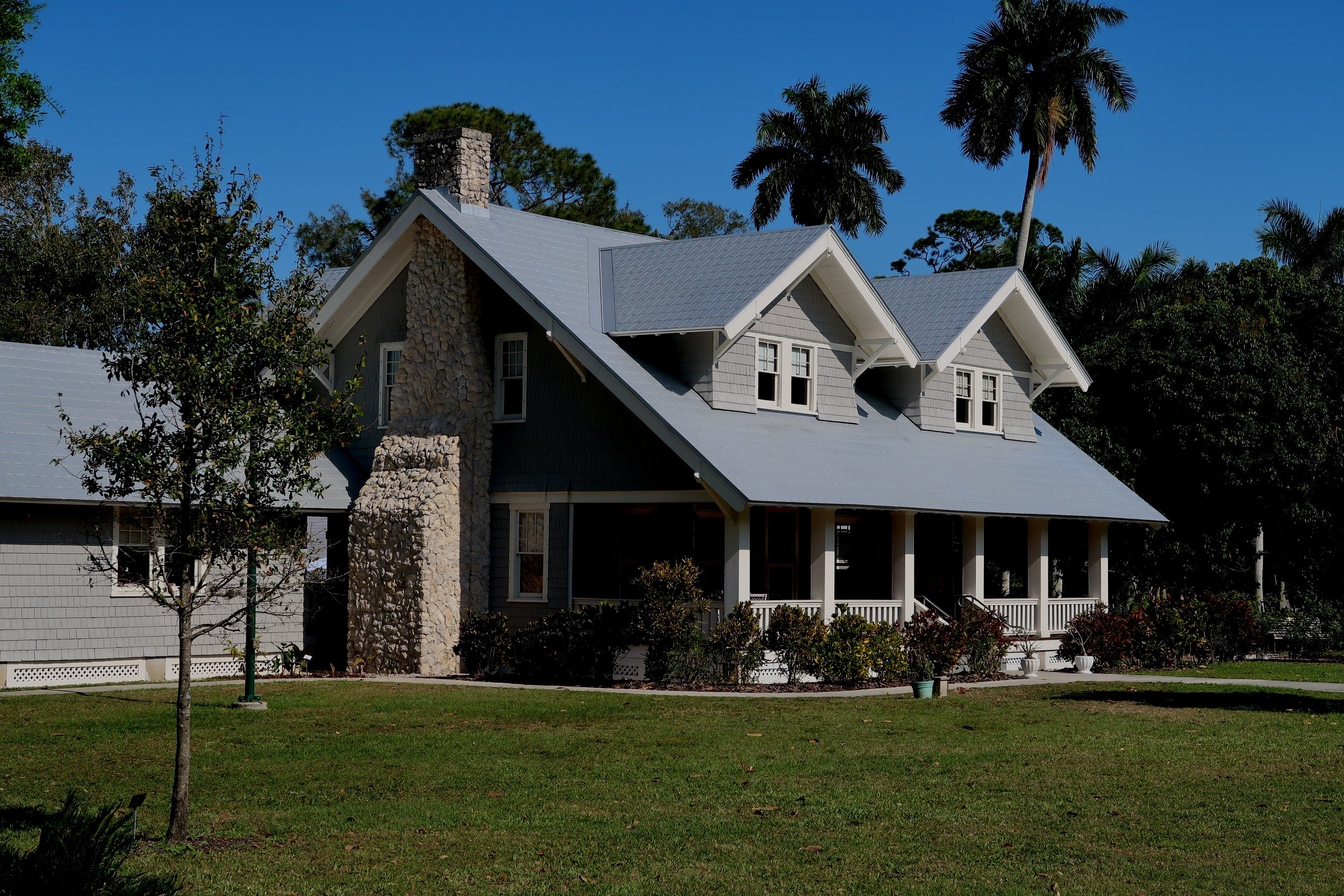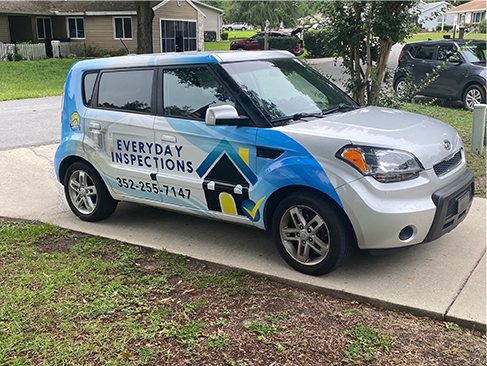
Roof Inspections
Roof Inspections In The Villages, Florida
The roof over your head is more than just shelter, it’s an entire working system. Your roof sheds rain, keeps wind and snow out, protects the rest of your house, and allows air to circulate. Those are big jobs, and your roof performs them all while being exposed to the elements. You can show your roof some love by having it inspected when you should.
What Is A Roof Inspection?
Your roof is a mechanical system. It may seem to be a passive feature of your house. But, just like your home’s HVAC, plumbing, and electrical systems, your roof performs functions that require proper maintenance and periodic inspections to ensure reliable service.
A roof inspection is a thorough examination of all roofing components on, or in, your home. The inspection is performed to determine the current performance of your roof and what, if anything, needs to be done to correct any problems.
Roof inspections are also performed to certify a roof. That is, to determine the quality and expected lifespan of a particular roof. These inspections are common when buying or selling a house.
A Typical Roofing Analysis
Our Experts will give your roof a proper once-over during an inspection. After it’s done, we write up a report where we list every potential problem your roof faces. We will usually indicate where the damage is, what has caused it, and what repairs you need to focus on. It’s important that all repairs which they specify are done as quickly as possible. That way, you can avoid getting caught without a roof over your head.
When Should I Have My Roof Inspected?
After a storm: Your insurance company will likely require a roof inspection if a storm damage claim is made. Often, the insurance company will send out their own inspector to confirm the validity of a claim.
Periodic inspection: Different roofing materials have different lifespans. Keeping a constant eye on your roof is important. But, after half of your roof’s expected lifespan has passed you should have your roof professionally inspected every three to four years. Consider doing this even more often if you live in a harsh climate, and less often in milder areas. A good rule of thumb is to schedule roof inspections well before colder months arrive to ensure enough time is available should urgent repairs need to be made.
Roof appraisal: If you are buying a home, it’s never a bad idea to know what you’re getting into regarding the condition of your new roof. Sellers can add a selling point to their property if they have the roof inspected and approved.
What Do Roof Inspectors Look For?
For the roof part of the inspection, the inspector will report on the roof type, roof age, approximate life left, and any damage/concerns.
The insurance underwriters typically want 5 years of life left on your roof.
If you have any of the following, it could affect your home insurance. So you might need to perform repairs before you can obtain insurance.
Excessive granule loss
Loose Shingles
Lifting Shingles
Cracked Tiles
Missing Tiles/Shingles
Damaged Tiles/Shingles
Missing fasteners
Roof Leaks
Previous unprofessional repairs




